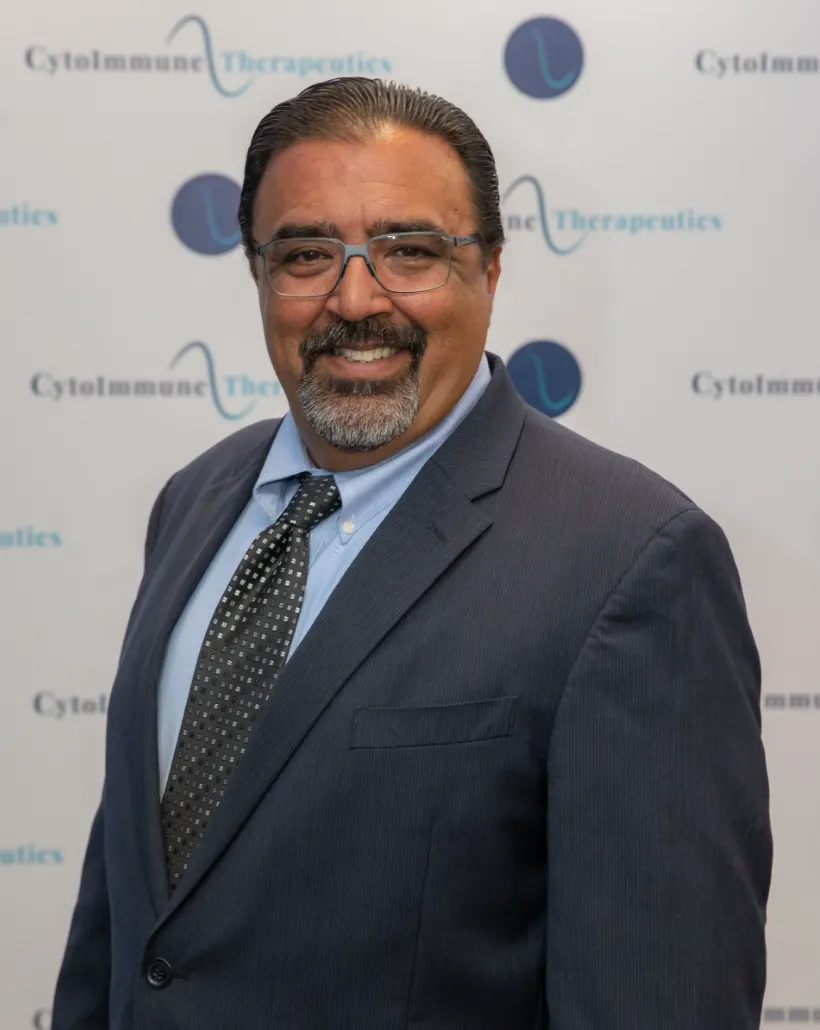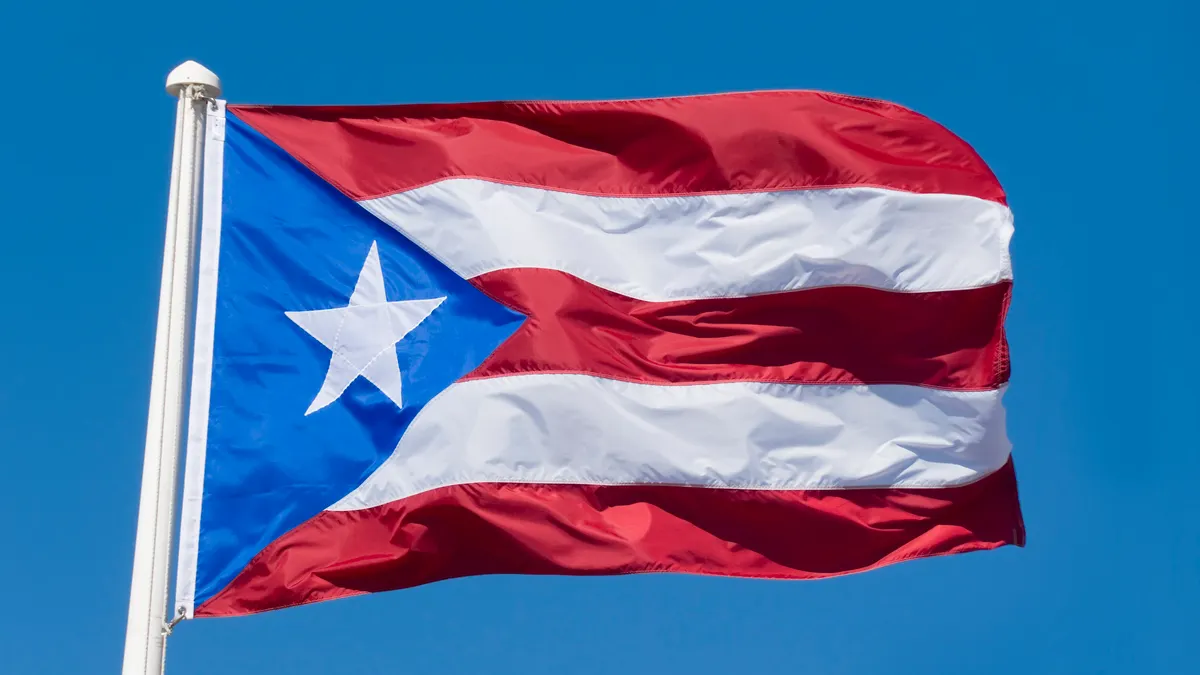Known for more than half a century as a major U.S. manufacturing hub for Big Pharma, Puerto Rico is also now drawing smaller biotechs seeking facilities, financial incentives and talent on the island.
With high tariffs levied against core manufacturing hubs including India and China, more companies are investing in U.S. facilities, and Puerto Rico has affordable infrastructure already in place to bring more of the drugmaking industry to its shores.
The island has long been home to manufacturing operations for pharma giants, including Johnson & Johnson, Eli Lilly, Amgen and Bristol Myers Squibb, and exports more than $50 billion in life sciences products annually to more than 120 countries, according to Ella Woger-Nieves, CEO of Invest Puerto Rico, a nonprofit that promotes business and capital investment.
“Essentially, you get to reshore to U.S. soil with all the reliable jurisdictional advantages, but with a very cost-effective structure and access to highly skilled talent,” said Woger-Nieves. “With global trade disruptions that underscore the vulnerability of America’s supply chain, Puerto Rico is emerging as a safe alternative to traditional reshoring.”
With that long history as “America’s medicine cabinet,” the island is also now building a reputation on the innovation side of biopharma, as well. Because of its expertise in biological manufacturing, Puerto Rico has systems in place to handle the challenging task of producing complicated drugs like gene and cell therapies, as well as the many steps required to develop advanced medicines.
“There's a benefit for all these newer biotechs to land in a place where there's already a rich and mature ecosystem and a legacy of business excellence they can tap into,” she said.
Puerto Rico is leveraging its strengths — as well as massive tax breaks and other financial incentives — to make the biotech industry feel at home and sheltered from the shifting political winds.
Cell therapy homecoming

The cell therapy biotech CytoImmune Therapeutics is part of Puerto Rico’s emergence as a new biotech hub.
CEO Jose Vidal, who once ran Amgen’s manufacturing operations on the island, along with CytoImmune co-founder and chief medical officer Dr. Michael Caligiuri, built the company from a small preclinical lab on the island to a fully operational clinical development now moving into phase 2 with a treatment based on natural killer cells for lung cancer.
The Puerto Rican talent web has expanded globally over the last several decades, and Vidal has convinced many of his old comrades to return to the island as the industry builds momentum there.
“I operated here for four decades, so I have a very healthy network,” Vidal said. “And Puerto Ricans like to live in Puerto Rico, so when we asked folks to relocate back to the island to work with us, everyone said yes.”
CytoImmune specializes in allogeneic cell therapies, which can be available “off the shelf” as opposed to autologous cell therapies that are made with a patient’s own cells. To embark on the notoriously difficult manufacturing process of genetic engineering, the company needed an influx of talent in that space — which Vidal said was in rich supply in Puerto Rico, even if many had to learn new aspects of drug development.
“It was a significant transition, but now we have people who have seen it all, and they can transition from one thing to the other,” Vidal said. “We’ve created a workforce that’s unique in the world, flowing back and forth from research to commercial manufacturing.”
The technology to genetically engineer cells wasn’t always available on the island, Vidal said, so CytoImmune had to build infrastructure for local clinical trials, particularly for a population of 3 million people with limited access to the latest advances in healthcare.
“There’s the good, and then there’s challenges — the good is all the infrastructure that was built for 70 years for the big operations that save us a lot of time,” Vidal said. “The uphill battle is on the financing part, but we have been driving more investment and VC now with the right teams in place.”
The island is also attracting businesses to its shores through “power incentives and undiluted capital,” said Woger-Nieves. Puerto Rico offers up to 50% in R&D tax credits that can be leveraged or sold.
From drugmakers to logistics providers and entrepreneur accelerators, the island is turning its once-singular focus on manufacturing into a larger network of life sciences businesses.
“We have been managing most of the volume for U.S. consumption for decades, so it would make sense to make a big investment here,” Vidal said. “It’s a once-in-a-lifetime opportunity to rethink what Puerto Rico offers.”



















